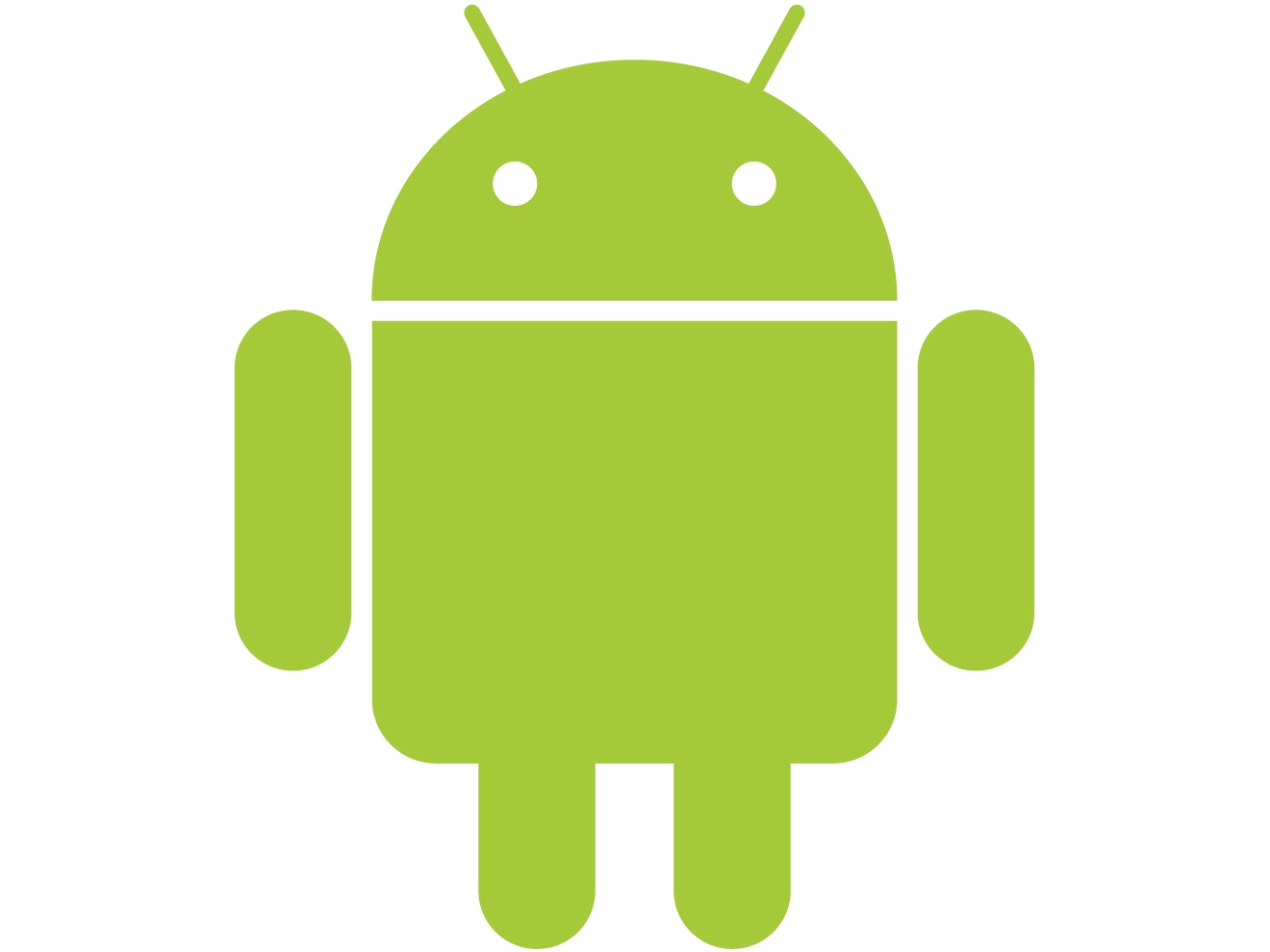Apps & Software
Google Android Antitrust Problem as It Replaces Windows
Published:
Last Updated:
Two things happened very recently that might halt the adoption of Google Inc.’s (NASDAQ: GOOG) Android operating system, which is used in the majority of smartphones around the world. The first is that the China Academy of Telecommunication Research voiced concerns about the ubiquity of the Android OS among phones sold in the People’s Republic. According to a report in The Wall Street Journal, the organization stated that, “Chinese enterprises have generally used Android as a foundation to optimize and develop [products].”
The other involves Microsoft Corp. (NASDAQ: MSFT) and its long-standing fight with the European Union over the dissemination of its browser. The EU has continued to insist the Microsoft has failed to make other browsers readily available on its Windows OS. The Financial Times reports that the fine will be $732.2 million.
As most of the features of computers used by consumers have moved off the PC and onto the smartphone, the power of Windows has been undercut by the adoption of Android. If this is the evolution of software adoption, Android faces the same fate Windows did a generation ago. Governments will begin to view — or already have — Android’s place in the universe of consumer software as too powerful. That means antitrust officials will press Google to neuter the product. A legal battle between the search company and a number of government authorities is bound to erupt.
Only a very few years ago, Apple Inc. (NASDAQ: AAPL) was the likely target of antitrust activity. The use of its iOS rose relentlessly with the sale of its phones, Macs and tablets. The iTunes store dominated the dissemination of music. Apple also ruled the app universe as it distributed hundreds of millions of apps from a “store” that offered hundreds of thousands of products. The size and distribution strength of the Google app store now almost equals that of Apple. And Android has eclipsed iOS, Windows Mobile and Symbian as the software preferred by smartphone makers.
The tension between governments and software companies is a natural one. Software can become dominant more quickly than most products. Operating systems spread into markets quickly in a way physical products cannot. With equal swiftness, the systems can seize positions that allow them to distribute money-making products or products that add muscle to their market share with products attached to the OS. In Microsoft’s case, the offending product is its browser. With Google, the offense could be its search technology, maps or app store.
Google’s Android system has a troubled future, brought on by its own success.
Retirement planning doesn’t have to feel overwhelming. The key is finding expert guidance—and SmartAsset’s simple quiz makes it easier than ever for you to connect with a vetted financial advisor.
Here’s how it works:
Why wait? Start building the retirement you’ve always dreamed of. Click here to get started today!
Thank you for reading! Have some feedback for us?
Contact the 24/7 Wall St. editorial team.